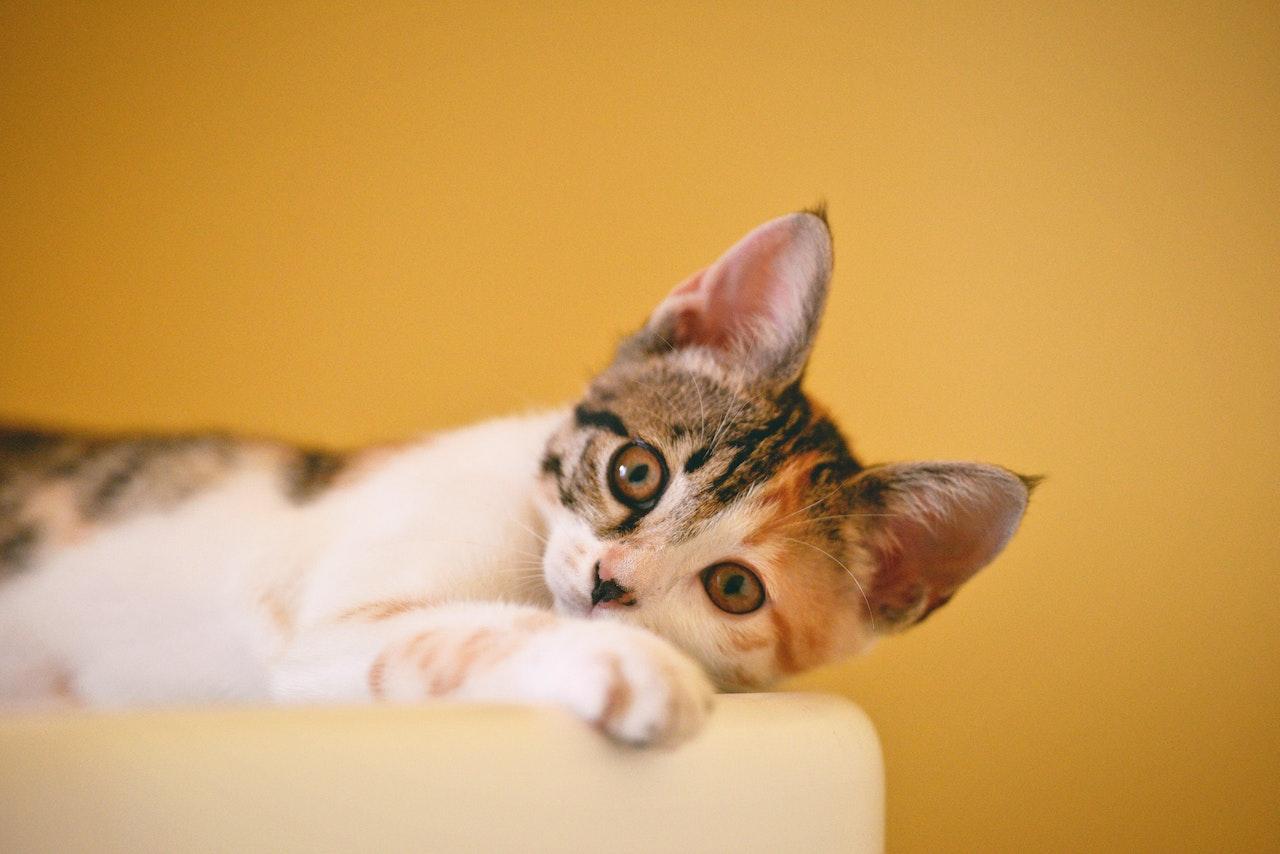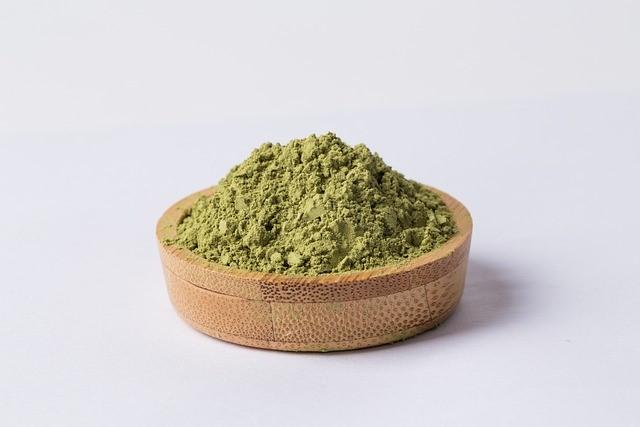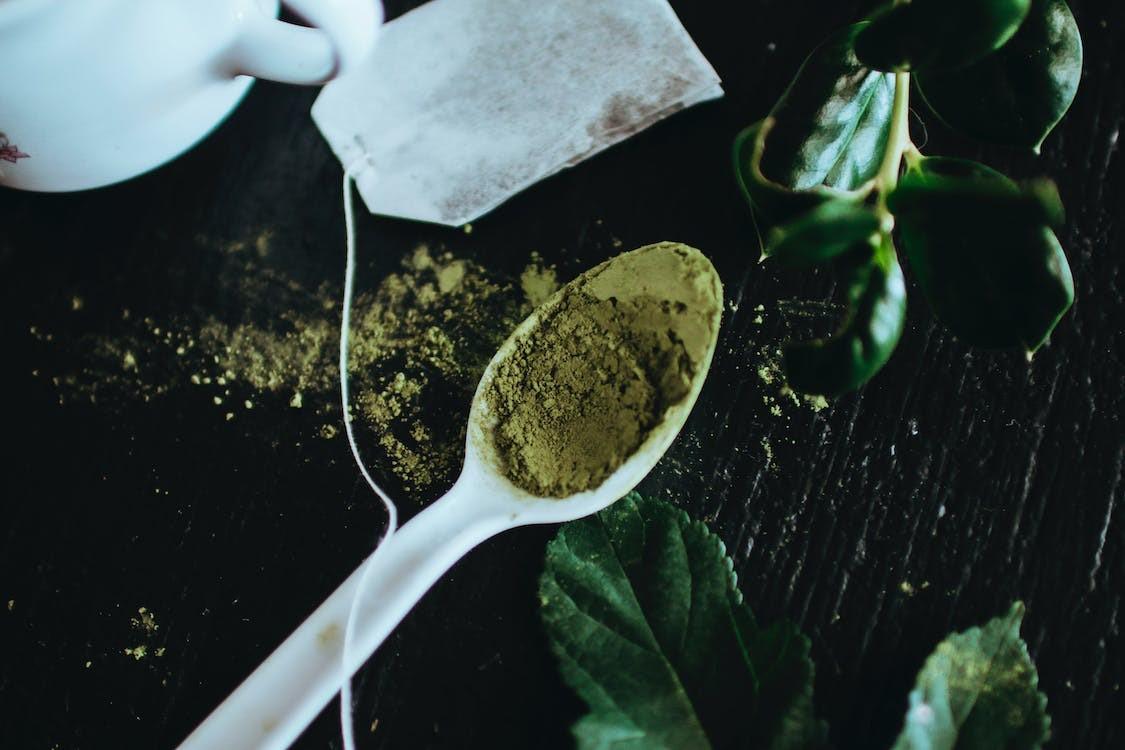Anxiety is normal, but excessive or overwhelming anxiety can lead to an anxiety disorder. It may cause physical symptoms such as a racing heart, sweating and trouble sleeping.
Treatments for anxiety disorders include psychotherapy and medications. They can help you learn new ways to deal with anxiety and reduce the frequency of your symptoms.
Table of Contents
Hypnotherapy
Hypnotherapy is a natural and effective alternative therapy that can be an excellent solution for some people with anxiety disorders. It is often used as an adjunct to other types of treatment.
This type of therapy uses several techniques to help relieve symptoms and address underlying issues. Some methods used include focused breathing, progressive relaxation, and anchoring.
During a session, the hypnotherapist will induce a hypnotic trance and guide you into deep relaxation. This is done so that the person’s mind is more responsive to suggestions from the therapist.
Hypnotherapy is also an effective tool for breaking bad habits and modifying negative thought patterns that could contribute to anxiety or depression symptoms. It can also be a powerful way to reduce chronic pain and ease emotional tension that may stem from past experiences.
Meditation
Meditation is a relaxation therapy that helps calm the body and mind. It can help lessen physical anxiety symptoms, such as a racing heart, shortness of breath, and sweaty palms. It is a natural alternative to treatments for anxiety disorders and anti-anxiety medications.
One of the main advantages of meditation is that it can improve one’s general emotional well-being. Moreover, it is related to increased empathy, self-awareness, and cognitive flexibility.
According to a new study, anxiety symptoms are lessened by meditation more successfully than by anti-anxiety medications. This is encouraging news for individuals wishing to include meditation in their anxiety treatment strategy.
Taking small breaks throughout the day to meditate can be an easy way to start the practice. It can be as simple as counting to four while inhaling and exhaling slowly or as more involved as practicing breathing.
Writing
If you have an anxiety disorder, you’re likely looking for ways to reduce its symptoms. Fortunately, several alternative therapies are effective.
The first is writing, which can help you express your thoughts and emotions. It can also help you learn more about your feelings and triggers.
Some people with anxiety disorders find that writing helps them cope. They may be able to identify a few patterns of thinking they’re struggling with and then develop strategies for managing them.
Research also shows that expressive writing helps anxious people perform better on tests by freeing up mental resources to concentrate on the task. It needs to be clarified why expressive writing does this, but one theory is that it offloads distracting worries, frees up mental energy and improves performance.
Essential Oils
If you’re seeking an alternative therapy to alleviate anxiety, essential oils may be an excellent place to start. These concentrated extracts can be diluted with carrier oils and applied topically to promote relaxation, calmness and peace of mind.
The right essential oil can calm your nervous system and relieve nausea and irritability. They can also help you feel more relaxed and at ease during a stressful situation or while you’re sleeping.
Peppermint essential oil is a natural anti-anxiety scent that can ease pain and apprehension while creating a sense of relaxation and comfort. It can also help ward off stress and fatigue by stimulating the production of serotonin, a hormone that helps reduce depression and anxiety.
If you’re using essential oils as an alternative therapy for anxiety, use only quality products. They should contain pure essential oil labeled as “therapeutic” or “medical grade.”
Music
Music is a potent tool that can be used to captivate and elicit emotion. This can be done in various ways, such as by singing and playing instruments. It can also be used to make certain aspects of life more enjoyable.
Throughout history, people have believed that music is an integral part of the culture and can affect how we respond to situations. It can be used to communicate information and emotions, it can be used as a form of entertainment, it can be used to express creativity, can help us understand beauty, and it can be a way to relax.
Theorists have often tried to explain how and why music has such widespread appeal. However, many theories are contradictory and highly controversial.
Yoga
Yoga is a mind-body practice focusing on controlling breathing and calming the nervous system. It can help reduce stress and anxiety, improve sleep quality, and relieve pain.
Some research shows that regular yoga can improve your quality of life (QOL). QOL refers to the overall level of well-being in your life, including your mental and physical health, relationships, and material comforts.
Another study found that people who practiced yoga regularly for three years reported increased resilience to stress. Additionally, yoga has been shown to improve the immune system.
Yoga has also improved anxiety symptoms in women diagnosed with prenatal depression. The women who participated in a yoga program during their second and third trimesters reported significantly less depression, anxiety, and anger and improved relationships after the intervention. The yoga group also reported reduced rumination, a common symptom of anxiety.
Also, Read –




